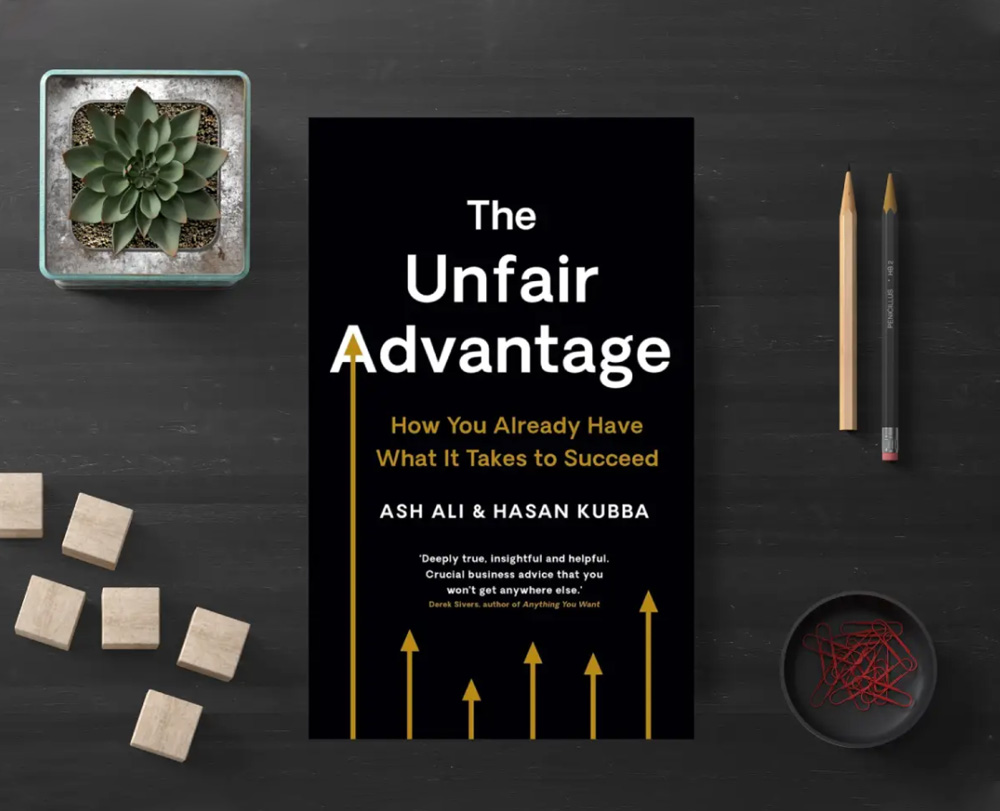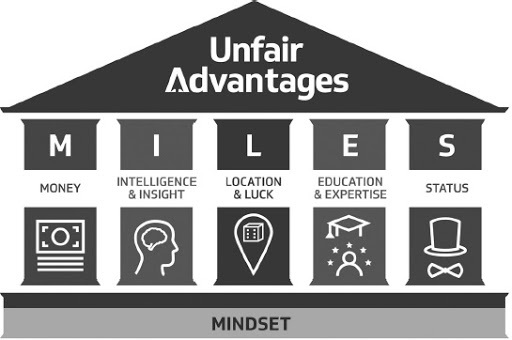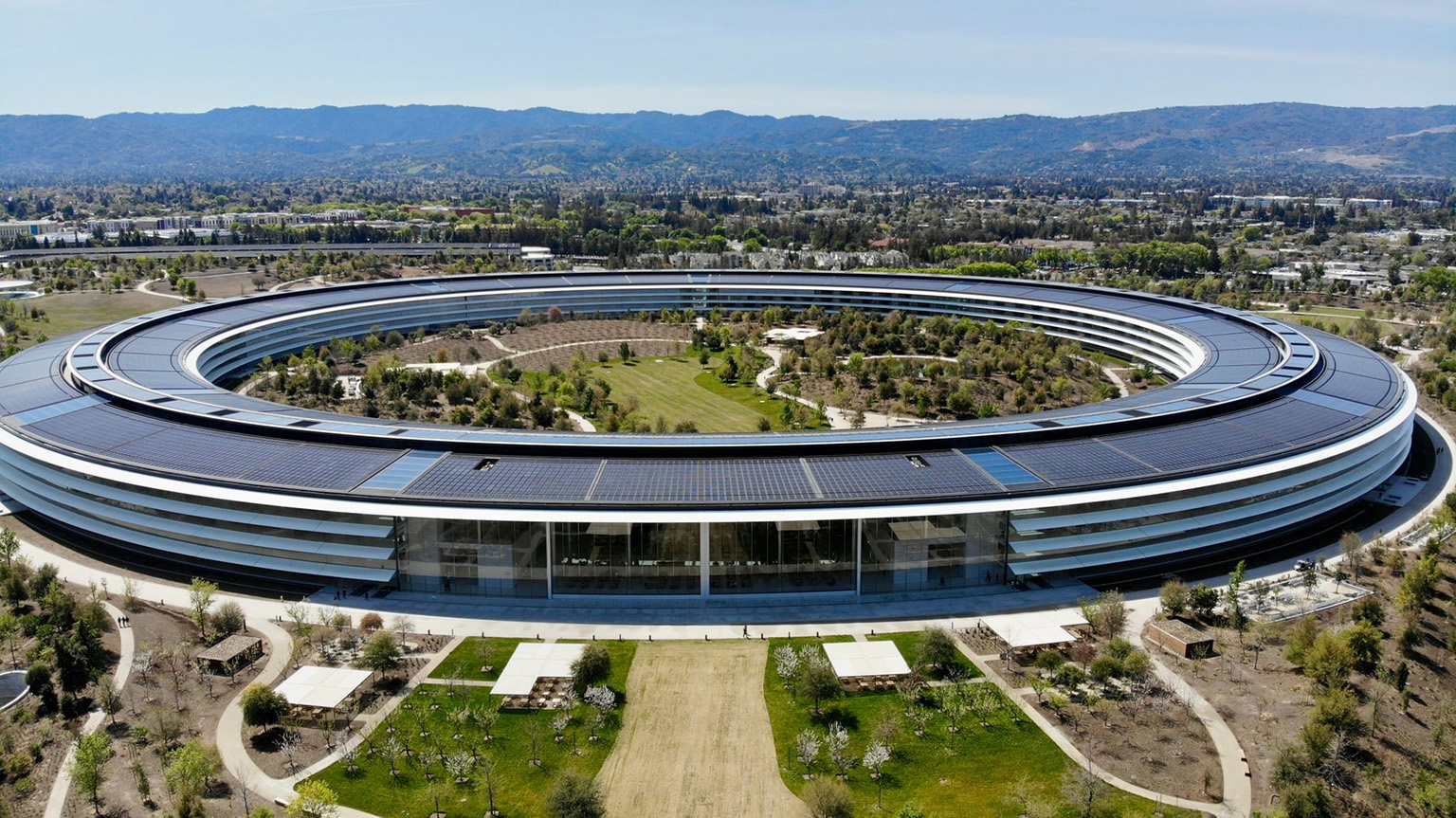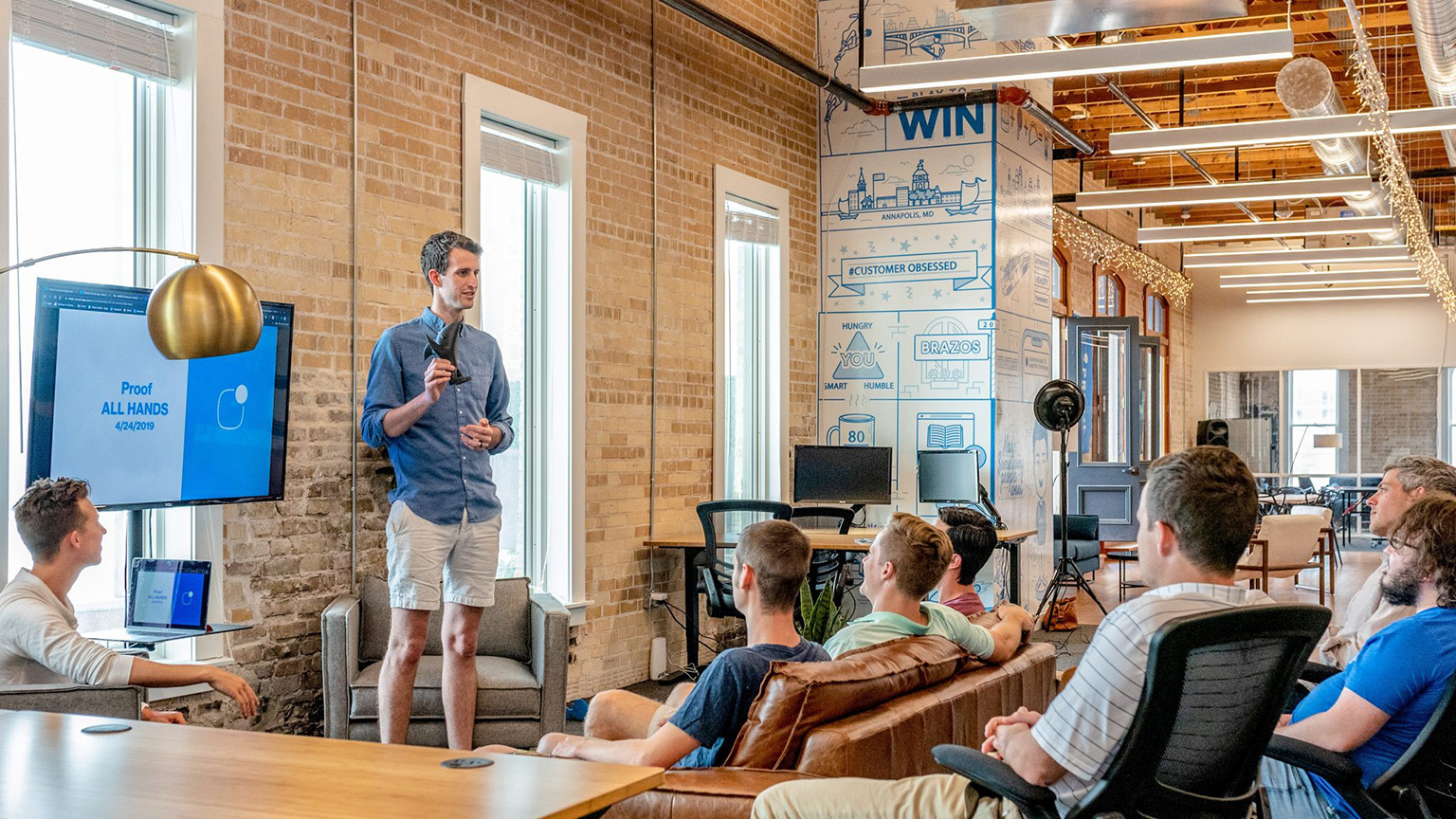The Unfair Advantage Summary – Best Book For Business Startup

1. Introduction of The Unfair Advantage
How people like Elon Musk get ahead & why thing doesn’t work well for other? You haven been told that success is related to 100% hardwork, there us even books that talk about putting 10,000 hours or by working 100 hours a week, is that true? What if people became successful simply because of their unfair advantage that they are born with?
Hey friend, welcome back to our blog, today we are going to summaries the book Unfair Advantage and also share with your the key insight that I learned. The book is written by the famous entrepreneur & investor Ash Ali & Hasan Kubba, and it starts with the thesis that life is fundamentally unfair.
Life is fundamentally unfair, when we look at successful people, they normally didn’t get there with mere hard work. There was normally other stuff that played a strong role like privilege, luck, circumstances an so on. In this book it pointed out the success formula –
[Fair Play x Unfair Advantages = Success]
Fair play is something that anyone could mimic if they want to, for example waking up at 5am every morning, and go for a 10km jog, then hustle all day in front of their laptop. Everyone with decent amount of will power will be able to make it, therefore we called it fair play.
As for unfair advantages, it is an assets of condition that put you in a favorable business position. Besides, it is something that the rest of us could not easily replicate such as interpersonal skills, family background and so on.
However, these unfair advantages aren’t just for people who are rich and famous, they’re for everyone. We all have our own unfair advantages in our own ways. How do we find out what our unfair advantages are? Well, we can use the MILES framework.

2.1 Unfair advantage 1 – Money
 Let’s start with “M” which stand for money, it refers to wealth (cash + assets). We are going to use Evan Spiegel, the billionaire co-founder of Snapchat who became the world’s youngest self-made billionaire at age 24. Evan Spiegel is born with silver spoon; his parents send him to expensive private school which put him into unique circles. Besides, they also gave him access to the tech entrepreneurs & CEOs that can provide guidance for him at business perspective. Still, he must put in the work & the ideas to be successful, but this example shows how money, power & prestige can be a huge unfair advantage.
Let’s start with “M” which stand for money, it refers to wealth (cash + assets). We are going to use Evan Spiegel, the billionaire co-founder of Snapchat who became the world’s youngest self-made billionaire at age 24. Evan Spiegel is born with silver spoon; his parents send him to expensive private school which put him into unique circles. Besides, they also gave him access to the tech entrepreneurs & CEOs that can provide guidance for him at business perspective. Still, he must put in the work & the ideas to be successful, but this example shows how money, power & prestige can be a huge unfair advantage.
Secondly, why is having a huge amount of money play a big role in entrepreneurship journey? This brings us to the next point, runway & burn rate.
Runway & Burnrate
Runway refers to the time you have until your business startup runs out of money and force to close down. Burn rate refers to the amount of money your business is spending out every month. For example, if you have 10,000 $ as your startup cost & your business monthly expenses is 2,000 $. You have 5 months of runway until you ran out of money. To increase the chance of surviving your startup you need to cut down your expenses & stay lean with your spending. In addition, you can increase your money pool before you make your first step to your startup, save more & get investor to fund your ideas.
To find out whether money is your unfair advantage, ask yourself
- Do you have capital (6-18 months of runway) in your bank account now?
- Do you have friends & family that are willing to invest in your startup?
If the answer is no, you should try to build more capital from your side such as lower down living expenses, improving your sales & marketing skills, raise funding.
2.2 Unfair Advantage – intelligence & insight

2.3 Unfair Advantage 3 -Location & Luck

Thirdly, we’ve got “L” which stands for location and luck. And as Ray Kroc, the pioneer of McDonald’s once said, “The two most important requirements for major success are first, being in the right place at the right time and secondly, doing something about it.”
Location is clearly important. For instance, businesses cluster as they do in Silicon Valley and the right location can be key to unlocking opportunities, making connections, and accessing a target market. Choosing a location with high reputation can help you for instant, if you are making film in Hollywood, people will take your more seriously. Besides, location is not just about physical it can be online too, ranking on top 3 of the Google search results get you more website visitors.
Apart from that, we have luck. We can sort of manufacture our own luck by just exposing ourselves in a non-weird way to more things. Ash and Hasan talked about this in the book as well –
- take more action
- do more things
- meet more people
- go to more events
- blog about your startup
- produce things
- publish them
- get feedback
- put more stuff out into the world
And the idea is that as we expose ourselves to more of these opportunities, we get a lot more luck coming our way, so in a way the more of this stuff we do, the more of a surface area we have for serendipity. Undoubtedly, the more we allow luck to appear and then we can take advantage of it. So, I think that’s more a sort of fair advantage rather than an unfair advantage.
2.4 Unfair Advantage 4 -education & expertise

Moving on, the “E” stands for education & expertise. Right, let’s be honest, having a fancy degree from a fancy university probably is an unfair advantage, depending on what you’re going for. Let’s say hypothetically, you wanted to start a YouTube channel aimed initially at medical students. If you happen to be a medical student at Cambridge University, which is famously a good university, you’d probably want to plug that wherever you could because that’s your unfair advantage. It’s something that other people in that space can’t replicate very easily. Therefore it becomes more interesting, more brandable.
Beyond that, there are basically three benefits to a good education: knowledge, network, and signaling. But to be honest for me and most of my friends, most of our medical knowledge comes from books and the internet, not from our fancy university degrees. When it comes to network, being at university unlocks a certain type of network but in the start up world, being able to bring value is more advantageous.
In additional, the unfair advantage doesn’t necessarily come from the specific qualification that we’ve got. Although it can, but more often, it’s coming more from our expertise and that is something that we can build on our own by learning in our own time and education. It’s not just something that’s done to us until the age of 22, it’s a lifelong endeavor.
2.5 Unfair Advantage 5 -Status

Finally, we have “S” for status. And of course, status can be an unfair advantage. Elon Musk’s status in the world is so high right now that if he starts any new company, it’s guaranteed to be successful. In some way or at least everyone’s going to hear about it regardless of how ridiculous the name is.
In the book, Ash and Hasan talk about how we can develop inner status. Things like confidence and self-esteem and how this can help us if we don’t have the outward status of people like Elon Musk. And to be honest, I fully agree with that it’s important to develop confidence and self-esteem. I just think it’s a little bit contrived to put that under the status segment because, I don’t know, I think it’s more of a fair advantage, like anyone could gain more confidence and self-esteem and stuff if they put the effort into it. Therefore, I see that more as a fair advantage rather than as an unfair advantage.
3. Summary of The Unfair Advantage MILES Framework
To summaries, the idea behind this MILES framework I that we can use the categories to help us figure out what our own unfair advantages are but this stuff isn’t just for people wanting to start a business or to be entrepreneurs. Going back to sort of our hypothetical audience, a first-year university student, what is the value in them understanding this idea of unfair advantages?
– Well, yeah, any career path that you want to take, you want to know what you’re good at, naturally.
So there’s this concept which is double down on your strengths, don’t try and bring up necessarily from a career point of view or a business point of view. Also don’t bring up your weaknesses, focus on your strengths, but in your personal life, focus on your weaknesses of where you can bring up your weaknesses. You need to know what is going to be the path that’s least resistance for you. So to determine the path of least resistance, you kind of have to know where do you have an unfair advantage. We hope you enjoyed the content. Also do click here if you wish to see more content like this.


